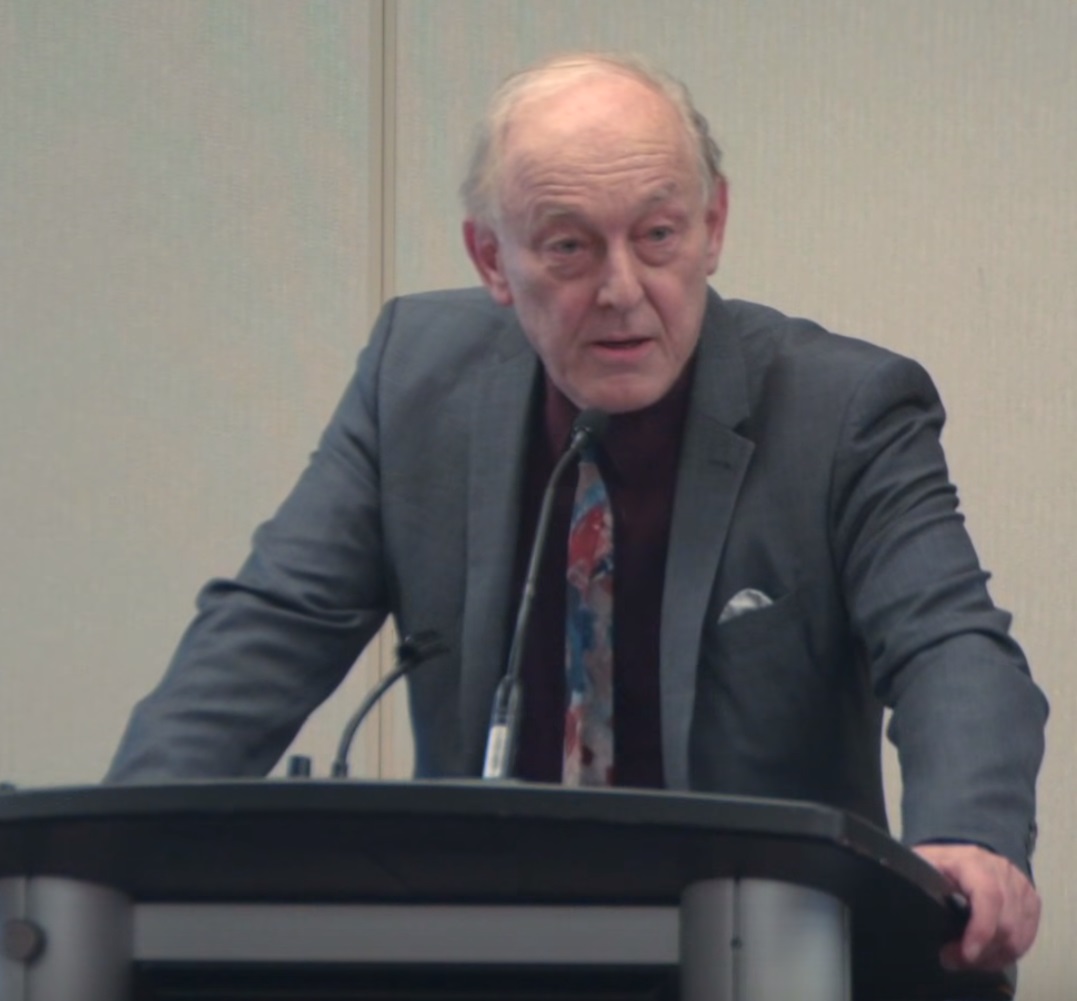Introduction, p. 1
The Globalization of Poverty and the New World Order - Second Edition - (2003)
Michel Chossudovsky: Frases em inglês
Fonte: The Globalization of Poverty and the New World Order - Second Edition - (2003), Chapter 6, Somalia The Real Causes of Famine, p. 99
“Relentlessly feeding on poverty and economic dislocation, a New World Order was taking shape.”
Preface to the Second Edition, p. xxii
The Globalization of Poverty and the New World Order - Second Edition - (2003)
The Recolonization of Korea, Chapter 22, p. 340
The Globalization of Poverty and the New World Order - Second Edition - (2003)
Fonte: The Globalization of Poverty and the New World Order - Second Edition - (2003), Chapter 19, Structural Adjustment in the Developed Countries, p. 303
Fonte: The Globalization of Poverty and the New World Order - Second Edition - (2003), Chapter 13, Debt and "Democracy" in Brazil, p. 200
Fonte: The Globalization of Poverty and the New World Order - Second Edition - (2003), Chapter 4, The World Bank and Woman's Rights, p. 67
Fonte: The Globalization of Poverty and the New World Order - Second Edition - (2003), Chapter 1, The Globalization of Poverty, p. 25
Fonte: The Globalization of Poverty and the New World Order - Second Edition - (2003), Chapter 16, The "Thirdworldization" of the Russian Federation, p. 240
Fonte: The Globalization of Poverty and the New World Order - Second Edition - (2003), Chapter 16, The "Thirdworldization" of the Russian Federation, p. 241
Fonte: The Globalization of Poverty and the New World Order - Second Edition - (2003), Chapter 12, The Post War Economic Destruction of Vietnam, p. 177
“Both Hindu, as well as Islamic fundamentalism, feed on the poverty of the masses.”
Fonte: The Globalization of Poverty and the New World Order - Second Edition - (2003), Chapter 10, India: The IMF'S "Indirect Rule", p. 155
“Modern capitalism appears totally incapable of mobilizing these untapped human and resources.”
Introduction, p. 7
The Globalization of Poverty and the New World Order - Second Edition - (2003)
Fonte: The Globalization of Poverty and the New World Order - Second Edition - (2003), Chapter 7, Economic Genocide in Rwanda, p. 120
“Legal and illegal activities had become inextricably intertwined.”
Fonte: The Globalization of Poverty and the New World Order - Second Edition - (2003), Chapter 18, Albania's IMF Sponsored Financial Disaster, p. 293
"applied economics"
Fonte: The Globalization of Poverty and the New World Order - Second Edition - (2003), Chapter 2, Global Falsehoods, p. 27
Fonte: The Globalization of Poverty and the New World Order - Second Edition - (2003), Chapter 20, Global Financial Meltdown, p. 309
Fonte: The Globalization of Poverty and the New World Order - Second Edition - (2003), Chapter 9, Wreaking Ethiopia's Peasant Economy, p. 141
Fonte: The Globalization of Poverty and the New World Order - Second Edition - (2003), Chapter 14, IMF Shock Treatment in Peru, p. 225
“Global poverty is an "input" on the supply side; the global economic system feeds on cheap labor.”
Fonte: The Globalization of Poverty and the New World Order - Second Edition - (2003), Chapter 5, The Global Cheap-Labor Economy, p. 69 (See also: Rosa Luxemburg, Karl Marx)
Fonte: The Globalization of Poverty and the New World Order - Second Edition - (2003), Chapter 17, Dismantling Former Yugoslavia, p. 273
Fonte: The Globalization of Poverty and the New World Order - Second Edition - (2003), Chapter 17, Dismantling Former Yugoslavia, p. 257
Economic Warfare, Chapter 21, p. 327
The Globalization of Poverty and the New World Order - Second Edition - (2003)
Fonte: The Globalization of Poverty and the New World Order - Second Edition - (2003), Chapter 3, Policing Countries Through Loan "Conditionalities", p. 53
